The Acclivity of Accessibility
By Mento 5 Comments
Hey folks, friends and naysayers, I'm going a little out of my comfort zone this week to get all topical on y'alls. It seems a lot of the major issues in the video gaming sphere these past few weeks deal with accessibility: Those we have with our games and the communities that have built up around them. I don't have specific solutions for anything, at least nothing I'm willing to stake my negligible reputation as a fun-loving wiseacre on, but I'm going to frame some of the bigger problems we're facing in the hope something clicks with myself or somebody else out there.
So I should probably address these issues in the approximate order in which they present themselves, right? Sounds sensible.
Accessibility & Games

Clearly, you can't complain about a game until you've bought it. Unless it's somehow been made impossible for you to do so. Currently, though, that's less of a problem than it's ever been, thanks to robust robots of internet sites like Amazon or Steam or Origin that will take our webclicks and turn them into wonderful, joyful presents in the mail. However, this has had the slightly negative effect of crashing various brick and mortar industries and putting them in mortar peril, which they are no doubt bricking themselves over. So to speak. The continuing much-publicised decay of Blockbuster and GAME stores, at least here in the UK, might be of little concern to us clever-clog sorts who have long since switched over to the modern conveniences of internet shopping, but to an outsider it looks like the bottom is falling out the entire gaming industry. Specialist stores going under? Doesn't look good, even if the real reason is slightly more elusive to most. This might be less of a problem than it may first appear, unless you're hired by one of these unfortunate businesses. I guess time will tell, ultimately.
So let's talk about those online places some more, then, since there's fewer physical stores around to vent about. Steam's been going strong since it pioneered a very reasonable model for selling virtual games to people, severely dropping prices for limited duration sales because their products aren't actually real, sales can be advertised instantaneously through e-mail or the website/client front-end and they also don't need to make a bunch of fancy "ON SALE, DUMMIES!" posters to stick in their store window. However, Origin's decided to start being difficult and is now depriving them of EA titles to maintain exclusivity. Also probably not too critical a problem, since a little competition doesn't hurt, but still: Instead of a centralized location for buying things, one of the few benefits of something like XBLA or PSN, we have to download multiple clients, give out multiple instances of our credit card details, and other things we're generally lazy about doing. This could be compounded on in the future with the arrival of this fancy Steam Box console creating even more exclusive gets for Valve and co. as well as more online stores of major game publishers in response. Soon we'll have a dozen different clients with their exclusive libraries to keep track of, a group of major developers that refuse to cooperate with each other on anything and agents in black combat gear busting into our homes, hacking our brain chips and making us murder our roommates and ourselves for daring to buy MyNotebook: Argentum on anything but the eShop. Mark my words.
Accessibility & Gameplay
So here we are on the next step: You have your game, how does that game make itself accessible to you? Well, first off, it may well decide to lock a considerable amount of content behind a paywall because of your refusal to buy new. It might also decide it needs to look its Sunday best with 200mb of patches before it lets you in, sort of like some crude sexual joke about wedding nights that I'm not even going to attempt to construct. But the major concern here is whether or not you're actually able to get to grips with what the game asks of you as a player.
Our own newshound (or news hot dog, if you'd prefer), Patrick Klepek, recently began his promising Worth Reading column linking to a Brainy Gamer article on how games have simultaneously become easier to beat while paradoxically also becoming more complex to control. It's an interesting read, and highlights why the casual gaming crowd is switching over to iOS and motion controls and the like. The convenience of not having to purchase a pure gaming console at moderate expense might also factor into this, I won't lie, but overall I feel there's still plenty of mileage in games with minimized control schemes. Take recent Giant Bomb favorite Rhythm Heaven Fever for a perfect example of how to construct an amazing and fun and amazingly fun game that uses the grand total of two buttons and takes almost zero acclimatization for a gaming neophyte to handle.
Of late, I've been playing games both of an over-simplified and over-complex bent. In fact, I can point you towards a good example of both in the two games I played this week: The Last Story and Syndicate. The Last Story, like Xenoblade Chronicles (and FFXIII to a lesser extent) previously, have taken what makes a JRPG work and boiled it down to its core elements, losing nothing of import and adding more besides. Levelling and inventory management has become less critical, healing items are non-existent and combat is seat-of-your-pants real-time action in the vein of your Gears of Wars, though far more thoughtful in terms of how each individual skirmish is set up. Though the game hasn't gotten any easier than its forebears, it has gotten a lot more simple to figure out, at least in terms of moving parts, which I feel is to its benefit. It's a trend that's become more common in Western RPGs as well, with Skyrim being one good example and Dragon Age 2 being one bad example of how these games make themselves more accessible to the story-driven crowd of RPG lovers by reducing the number of factors of which one must keep abreast.
But then.. we have yet another topical issue that pisses all over this ideal: That of the recent snafu with BioWare and its understandably irritable writing staff as they came under attack because of an older comment concerning the implementation of a gameplay-skipping button to correspond with the far more ubiquitous cutscene-skipping button. A commendable feature that many would appreciate, something anyone with a lick of sense (like our own Jeff Gerstmann in a recent Jar Time video) could immediately vouch for and support, regardless of their own gameplay preferences. This incident has been discussed to death of course, but it seems like "the hardcore" crowd - which I seem to be becoming further and further distanced from - objects strongly to oversimplifying accessibility of any kind, which may be yet another problem down the road for this industry as a whole.
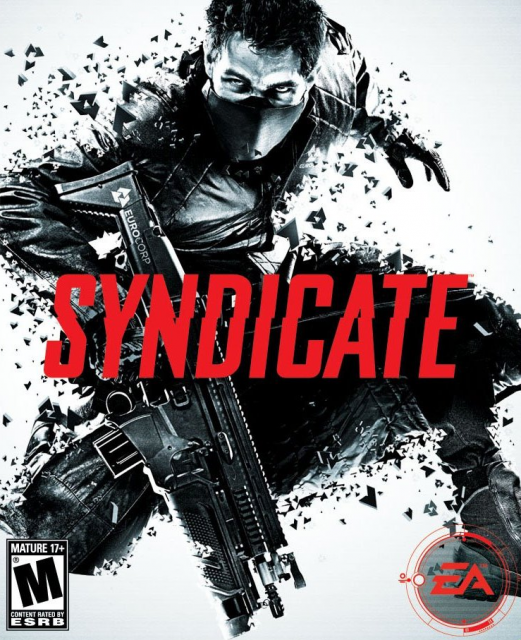
I did bring up Syndicate, so I should follow through on that as well before bringing this already thesis-length discussion to a close: Syndicate is a game that requires a considerable degree of control mastery from its user. It is not an easy game by any stretch: You are required, with almost any encounter but specifically those with the "heavy" or "elite" enemies, to immediately hit the R2 button to slow down the action and get a decent tactical perspective of the battlefield and the opponents you must defeat. You must also use L2 in conjunction to make those tougher enemies vulnerable, if only briefly, then with the R2 Dash Overlay mode still ticking away, use the L1 and R1 buttons to take aim on that enemy's head (for maximum efficiency) and fire away with what little time of enhanced damage/immunity you have left. After which you are vulnerable for a brief yet seemingly interminable amount of time before the process begins anew. Should you have the wherewithal in that pitched battle to remember you have them, there's also three powers with specific tactical advantages mapped to the oft-forgotten D-Pad which aren't always conveniently available at all times. This leads to perhaps the first time in a long while where I felt completely out of my depth with a game, and a mid-boss on the Normal difficulty setting was sufficient cause to grant me a Game Over a dozen times before the futility of my situation encouraged me to quit in a somewhat less than serene emotional state. I don't hold this against the game, too much - I might suggest that it's attempts to elevate the far more slow-paced and measured combat of Deus Ex: HR with all its futuristic hacking bells and whistles to that of a hair-trigger arcade Call of Duty shooter seems a bit of a mismatch - yet if it lost someone who could beat GoldenEye's 00 Agent mode back in the day, I shudder to think how it would treat a relative newcomer. It has an easy mode, but normal should theoretically suffice for anyone with a modicum of gaming experience. Starbreeze Studios evidently aren't playing ball with this whole accessiblity thing at all, and I can see how old guard shooter fans like Jeff might respond to that.
Accessibility & Communities
So we at last reach the online communities, the final hurdle to achieving a strong and lasting connection between a user and their games. Online communities have always been brash; its outspoken members usually a recently post-pubescent crowd capable of an immaturity beyond their years (or before their years, I suppose). Recently though, we're seeing constant reports of the typically aggressive fighter game community in full abrasive mode and what this means for the future of that maligned and isolated community.
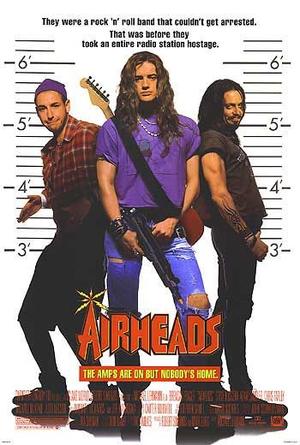
I stated something similar as a response to one of these articles, but it seems there's a schism between the socially maladroit ringleaders who have stuck with the close-knit community for many years through its early successes in the arcades, mid-life crisis of a slump with frequent franchise iterations sporting the most minor of updates and its current burgeoning rise with Mortal Kombat and Street Fighter IV and those who wish to take advantage of the current age of streaming internet television to promote it as some sort of sanitized eSport where all are welcome and sponsorships can flood in and bring fighter game development to untold new heights of recognition and funding (with perhaps a little for themselves for wrangling a community of wilfully offensive ingrates). It's hard to feel too opposed or sympathetic towards either group, a conflict I've figuratively correlated to the movie Airheads: The long-haired, irascible "true" enthusiasts of the fandom compared to the "guy played by Michael McKean" clean-cut industry-savvy types looking to legitimize it for better or worse. Obviously the rampant misogyny has to end, if only because of how ridiculously puerile and backwards it makes you look personally as a professional commentator. The rest of the aggressive name-calling and abuse, though, can and will be worked out by whomever ultimately gives a rat's ass about where fighter games are going.
Likewise, we have communities like the online FPS crowd and those of League of Legends type MOBAs who are also doing their darndest to chase off "scrubs" wherever they might rear their inexperienced heads, doing their particular genres no favors in the long-term either. It's fine for developers to have an obsessive fanbase to sell to, but they'd much rather have that considerably larger market of gamers from all walks of life, virtual or otherwise. However, good luck getting any of them to stick around after their fifth consecutive comparison to that one kid in the football helmet everyone remembers from middle school as being a tad "exceptional".
And with that, I have highlighted some of the more pressing concerns with gaming accessibility, if recent news stories are any indication. I'd like to hear your views on any of the above, should you have yet to voice them in the stories that they specifically pertain to. I guess to narrow the response field a little, talk about games that either felt too dumbed-down for you to properly enjoy as a grown-up who understands basic concepts without a half-hour tutorial on the principle of opening or closing as well as those games that chewed you up and spat you out the moment you insolently decided you could join in the fun as a fellow paying consumer. I know Irish comedian Dara O'Briain had a wonderful segment about the latter that'll no doubt get quoted back at me should I forget to include it.
Talking of media that seem to goes out of its way to be completely incomprehensible and even hostile to those it's ostensibly trying to entertain, it's time for...
BONUS COMICS!
Syndicate

The Last Story

SUPER SPECIAL BONUS COMIC!
That time again where I pay tribute to the Santa Claus of Gold Memberships, Whiskey Media user omghisam, by indulging him a comic strip with content of his choice. This time he wants me to draw a parallel between his Bostonian-Native American background and my British background to those of the War of Independence by depicting the new assassin of Assassin Creed III's disproportionately violent response to Anglican taxation. The things I do for subscriber-only videos now include being a turncoat, apparently.

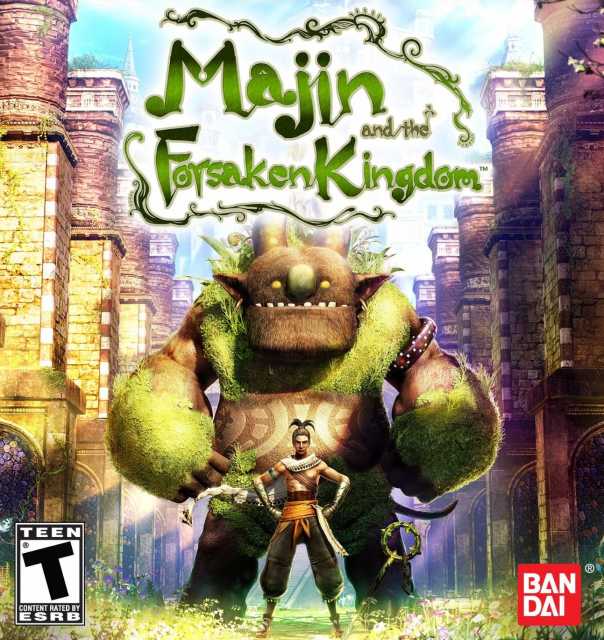
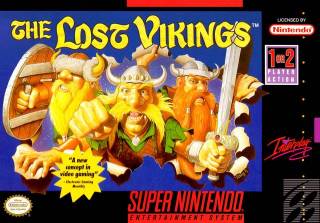
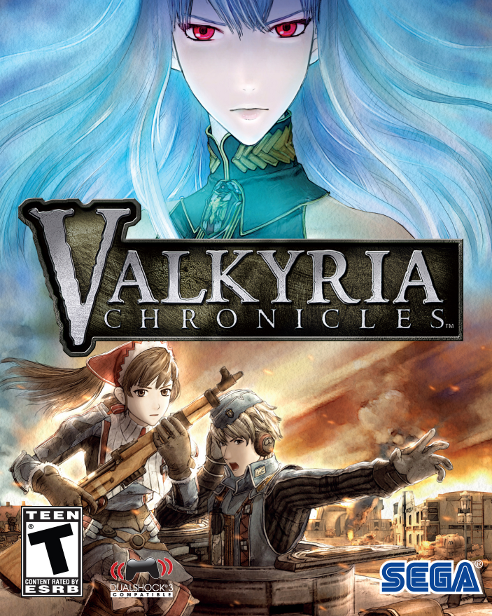

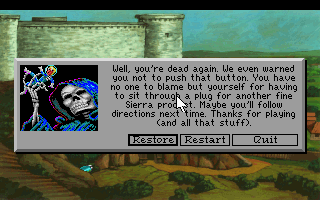
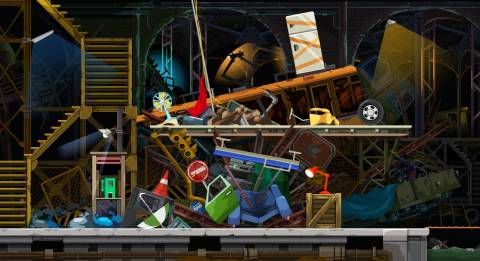


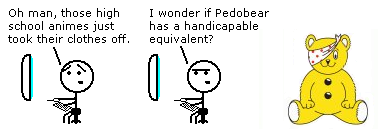






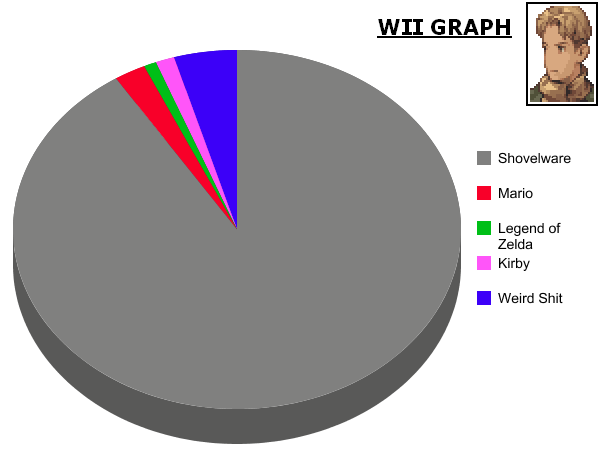
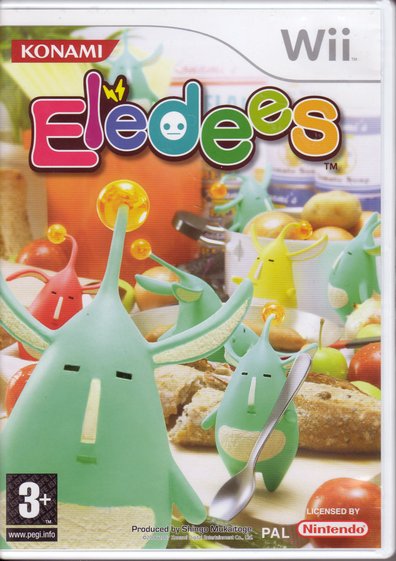
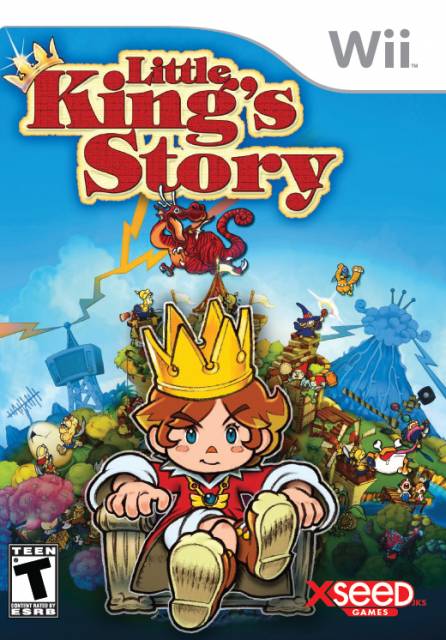
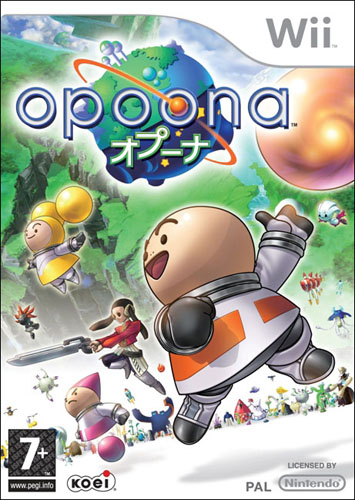
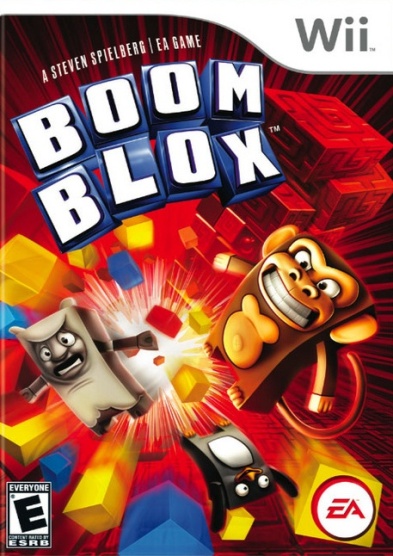

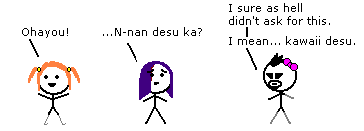
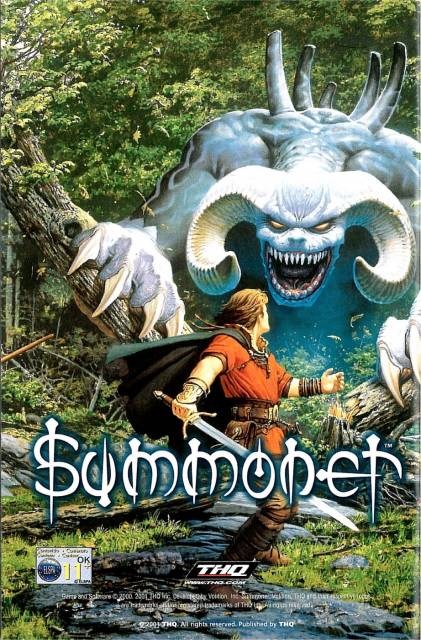
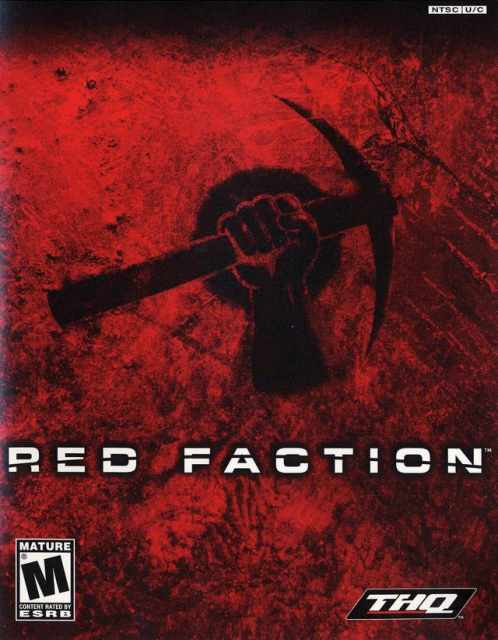
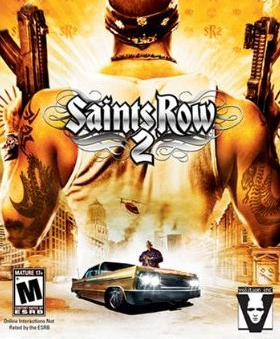
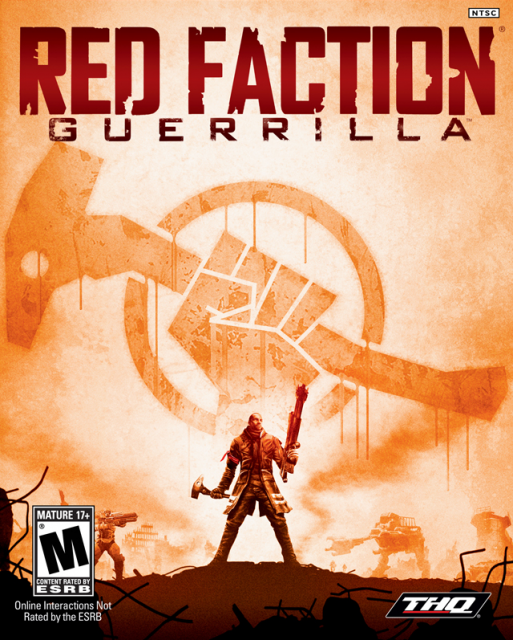
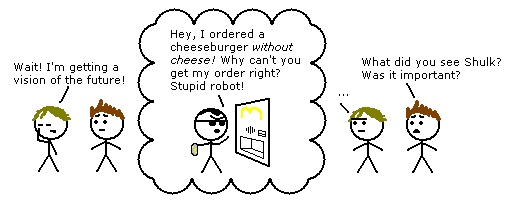

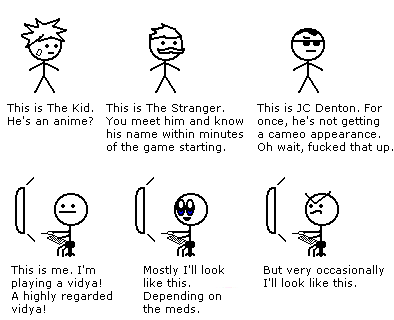









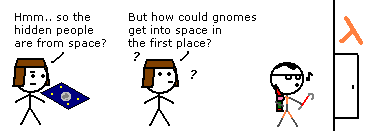
Log in to comment